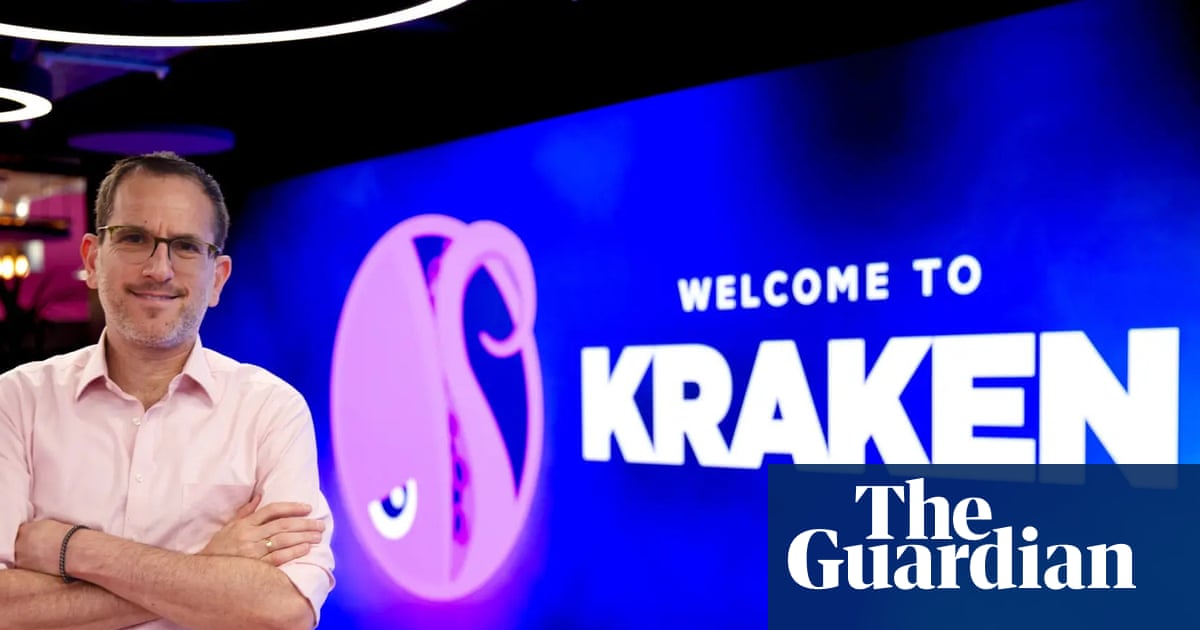That Jessica Norman’s debut play about a doomed meet-cute does not quite achieve its potential is not a sign of failure. There are signs here of a playwright stretching her imagination and intellectual inquiries in audacious, engaging ways.
And it half works. Longlisted for the Women’s prize for playwriting, the play begins as a romance between two flat-earthers, Honey (Fanta Barrie) and Christopher (Ross O’Donnellan), and opens up into an endeavour narrative. We see them travel to the empty vastness of the Antarctic to find an apparent barrier which marks the end of the world – in order to prove the Earth is flat.
They meet soon after Honey’s sister has died of cancer. Christopher is carrying his own trauma after a divorce that has left him estranged from his daughter. Both are vulnerable, disenchanted and tussling with questions around meaning and truth.
The play shuttles back and forth in time, from their first meeting to a treacherous fall into a ravine. For a while it looks like it will enter Touching the Void territory. Cat Fuller’s original set of icy shards and Jamie Lu’s sound design of arctic winds bring good atmosphere. It turns, organically, into a play about conspiracy theory, the distrust of “official” facts and the rise of misinformation. The nature of truth is at the heart of Honey and Christopher’s endeavour. Covid conspiracies are mentioned, as well as the Iraq war and Erin Brockovich, while the moon landings are designated “fake.” It very much reflects the anxieties of our present moment, carrying shades of a film like Bugonia.
Under the direction of Imy Wyatt Corner, there is pace and jeopardy but that stalls when the play turns more absurdist, with a talking penguin and the appearance of a conspiracy theory guru amid the snow. Both figures, acted by O’Donnellan, are amusing but these hallucinatory episodes are merely spoken, as if at a lectern. The performance seems to halt altogether and the play enters a purely discursive mode.
It turns in on itself, too, to become self-referential. This is theatre, we are reminded, and truths are merely stories. The meta ending is a cop-out, almost a betrayal of what has been built beforehand, and its relativism leaves flat-earth theories on a par with storytelling and science. Is this what the play seeks to say? It’s all too muddy and approximate, although some of the questions raised do linger.
If this is a flawed play, it is heroically so with sparks of beautiful writing, good ideas and ambition. Norman is one to watch.

 2 months ago
66
2 months ago
66

















































